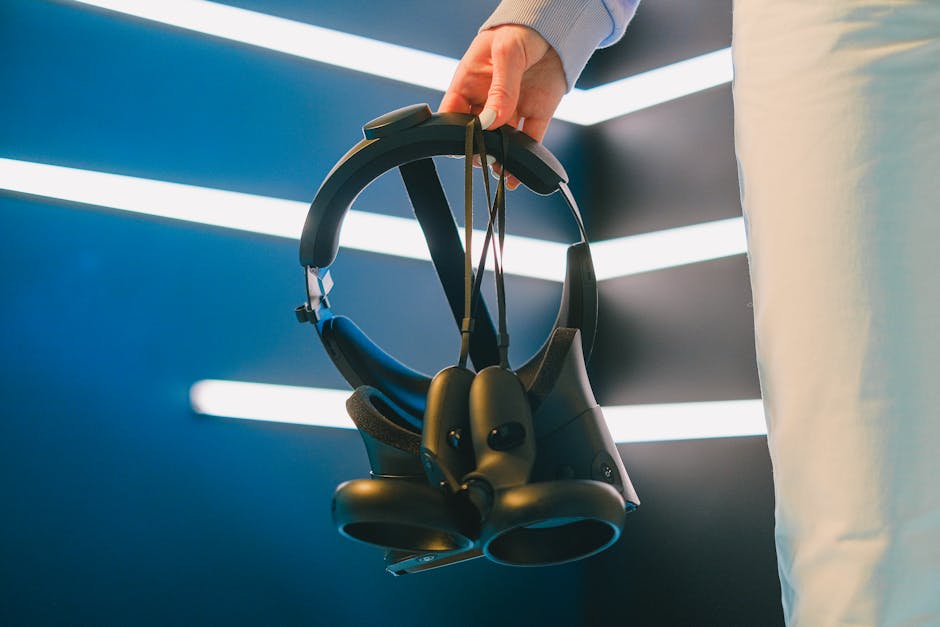The entertainment landscape is in constant flux, driven by technological advancements, evolving consumer preferences, and the ever-present need for novelty. Predicting the precise trajectory of the future is impossible, but by examining current trends, emerging technologies, and societal shifts, we can glimpse potential paths that music and entertainment might take.
A burgeoning realm of personalized experiences is shaping the future of music consumption. Streaming services, already dominant, are likely to become even more tailored to individual tastes. Algorithmic recommendation systems will likely refine their accuracy, offering hyper-personalized playlists that anticipate and fulfill nuanced desires. Imagine a service that not only understands your favourite artists but also predicts your emotional state and tailors a soundtrack accordingly, transitioning seamlessly between genres and moods to enhance your daily experience. Beyond individual playlists, this personalization extends to curated events and interactive experiences. Imagine concerts dynamically adapting to audience reactions, altering the setlist or lighting show in response to real-time feedback, or even utilizing augmented reality to project fantastical visuals onto the venue walls.
Immersive technologies are poised to transform how we experience music and performances. Virtual and augmented reality (VR/AR) are no longer futuristic concepts but practical tools increasingly integrated into the entertainment ecosystem. Concert-goers could potentially inhabit a virtual concert hall, feeling the music vibrate through their bodies, or view a 360-degree performance of a play or musical, fully immersed in the action. This immersion extends beyond mere spectatorship, with the prospect of participating in musical creation or theatre performances using VR tools. Interactive musical instruments, controlled by gestures or brainwaves, offer intriguing possibilities, allowing musicians to create unprecedented sonic textures.
The convergence of music and technology isn’t limited to immersive experiences; it also impacts creation. Artificial intelligence (AI) is already making its mark on music production, enabling the creation of original compositions, remixes, and even the synthesis of entirely new soundscapes. AI can assist composers by generating melodies, harmonies, or rhythms, freeing them to focus on artistic direction. This tool extends beyond the realm of formal composition, potentially empowering independent artists with innovative tools to refine their work. However, a profound ethical discussion surrounds the use of AI in art, particularly with respect to copyright and authorship, necessitating careful consideration and regulation.
Another significant trend is the increasing integration of music and other entertainment forms. We are witnessing a growing crossover between music, film, video games, and even social media. This cross-pollination fosters a richer, more dynamic entertainment experience. Imagine a music-driven video game where the soundtrack dynamically adapts to the player’s actions, or a film featuring original music that is both a plot device and a character in its own right. This integration also reflects a shift in audience consumption. Younger audiences, in particular, are less rigid in their genre preferences, embracing the hybridization of different art forms.
The rise of independent artists and the democratization of music creation are further transformative forces in the entertainment sphere. Platforms enabling independent musicians to reach global audiences have fostered a vibrant ecosystem of creators. This trend, fueled by social media, online streaming, and crowdfunding, empowers creators with unprecedented control over their artistic visions and financial destinies. This proliferation of independent talent also challenges established industry structures and conventional distribution models, leading to a more fluid and dynamic marketplace.
Beyond the technology-driven trends, societal shifts are impacting entertainment as well. Globalization and increased cultural exchange lead to a richer, more diverse landscape. Music from diverse regions and genres blends and influences each other, resulting in a more colourful and hybrid sonic landscape. In turn, audiences are increasingly drawn to this global spectrum, demonstrating a keen interest in exploring and appreciating diverse musical traditions. This interest is supported by the development of online resources and accessible streaming platforms that offer an array of global sounds.
The future of music and entertainment is thus characterized by personalization, immersion, integration, and democratization. These trends are interwoven, constantly interacting and influencing each other. While the precise form these trends take remains to be seen, one thing is certain: the next decade will witness a profound evolution in how we experience and create music and other forms of entertainment. The constant flow of innovation and evolution ensures a vibrant and exciting future for the entertainment industry, promising continually surprising experiences for audiences worldwide.
